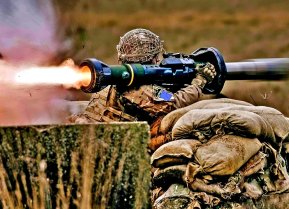China's 'Missile Swarms' Would Overwhelm America in a War
If a war with China erupted, the U.S. would likely exhaust its arsenal quickly, particularly as Chinese doctrine emphasizes overwhelming missile swarms.
What You Need to Know: The U.S. defense industrial base is under immense strain, leaving the nation ill-prepared for a potential high-intensity conflict with China. Ongoing support for Ukraine and Israel has depleted critical weapon stockpiles, such as Patriot missile systems, while the industrial base struggles to replenish supplies.
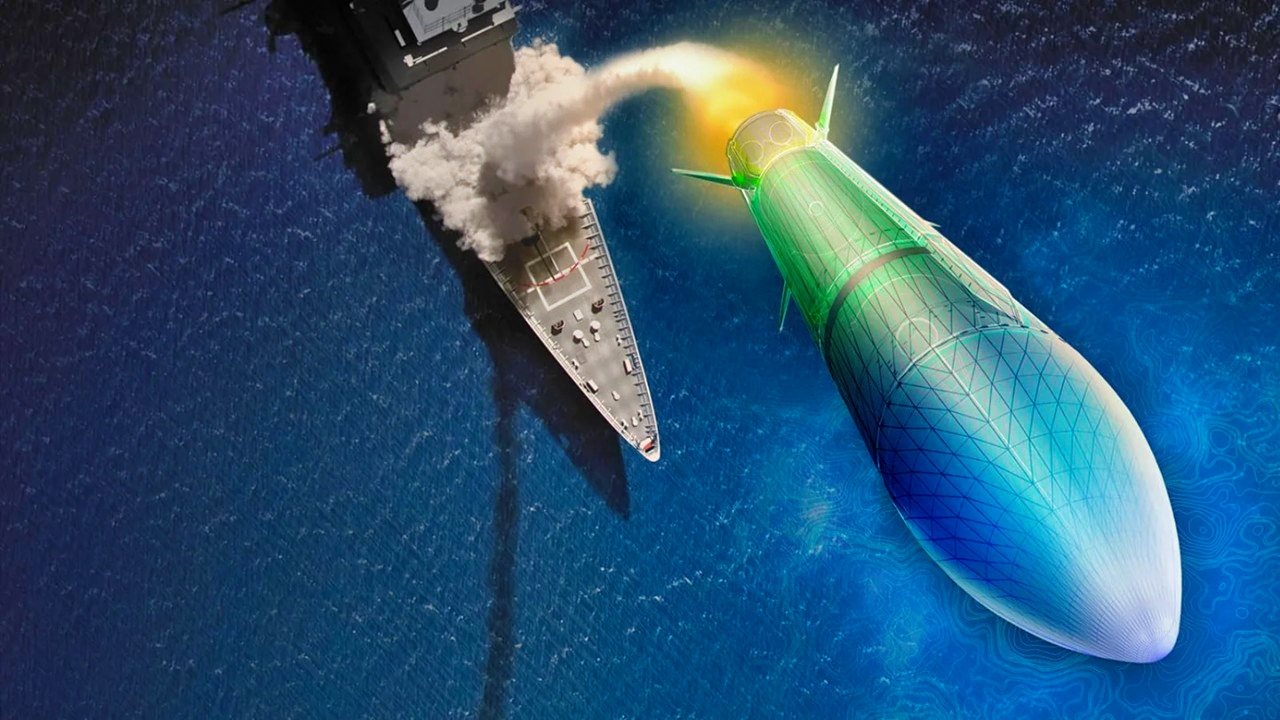
-If a war with China erupted, the U.S. would likely exhaust its arsenal quickly, particularly as Chinese doctrine emphasizes overwhelming missile swarms.
-While the Partnership for Indo-Pacific Industrial Resilience (PIPR) offers long-term solutions by pooling resources with allies, it won’t suffice in the near term. Urgent reforms to the defense industrial base are essential to avoid a catastrophic disadvantage.
Missile Wars: Is the U.S. Prepared to Counter China’s Arsenal?
When the incoming Trump administration looks in the cupboards of the Defense Department, they are likely to find that those cupboards are bare. In other words, as the Americans have been involving themselves in just about every war imaginable, they’ve done it with a defense industrial base that is hopelessly sclerotic.
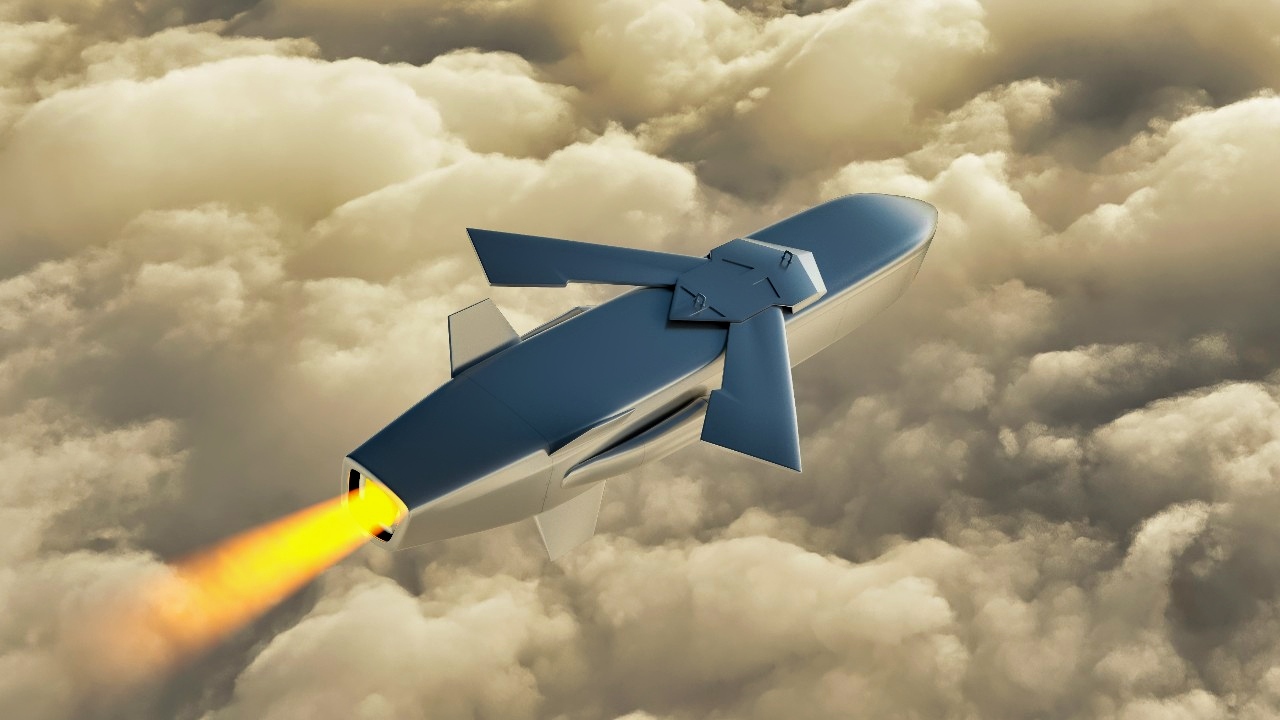
So, as the United States pulls greater amounts of supplies from its arsenals to feed the militaries of its partners and allies, such as the Ukrainian and Israeli militaries (and possibly the Taiwanese military), the arsenal of America is becoming depleted. What’s more, given the aforementioned defense industrial crisis in the United States, once the arsenals in America are drained, under current demands, the defense industrial base will be unable to replenish those stocks in any timely manner.
That’s an astounding thought, considering just how involved in these intractable conflicts the United States has become. If a war between China and Taiwan erupts, and the American leadership opts to uphold its defense obligations to Taiwan, then the strain will become almost unbearable on the defense industrial base.
The Cupboards are Bare
Just consider this: when the outgoing Biden administration recently authorized handing over more Patriot Missile batteries to the Ukrainians, defense experts balked because they understood the Ukrainians would likely drain the arsenals prematurely.
Should the Patriots be drained in Ukraine, then when the Israelis need more of those systems and the ammunition for those systems, they would find that the Americans had none remaining. This pattern has played out repeatedly.
For example, two years ago, the White House informed Taipei that the howitzers they were expecting from the United States would not be coming until at least 2027 because the Americans were prioritizing Ukraine—and the U.S. defense industrial base couldn’t keep up with the demand.
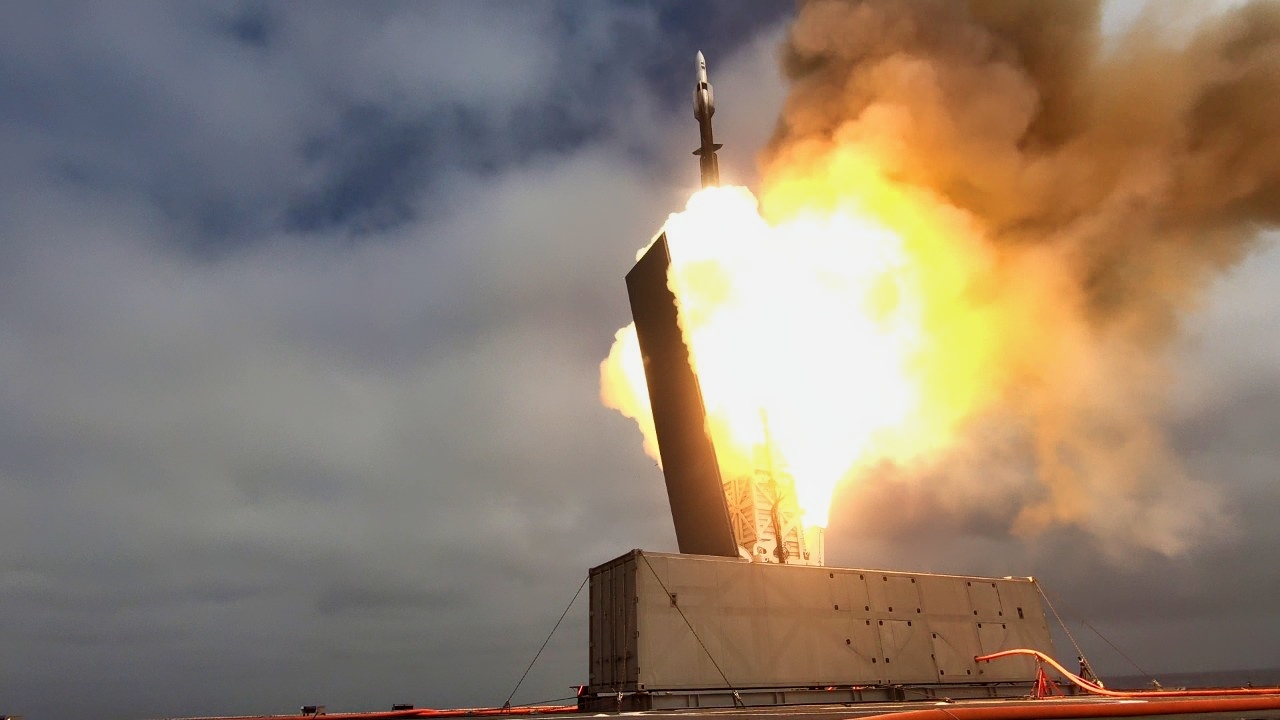
So, let’s hope that the Chinese don’t choose some time between then and 2027 to launch either an invasion or a blockade of the island democracy!
This all gets us to the most pressing question. If a war between the United States and the People’s Republic of China erupted soon, how long would it take for the Americans to literally run out of missiles and missile interceptors?
According to my own research, because of all the aforementioned issues with the defense industrial base and the strain on the existing arsenal, the Americans would deplete their arsenals rather quickly in a full-scale war with China.
Especially because any conflict with China would involve an incredible number of missiles being fired by the two sides. Consequently, both sides would also deploy a record amount of anti-ballistic missile defense systems—interceptors—to defend themselves against incoming swarms of missiles.
The Chinese Angle
China could sustain a high-intensity conflict in terms of missiles and missile interceptors far longer than the United States. The depletion of America’s arsenal that has occurred because of the Ukraine war and the Middle East wars has merely exacerbated this negative trend.
The United States could last a little bit in a conflict with China, but, in terms of key weapons systems, the Americans are more likely to deplete themselves earlier in the conflict than the Chinese. So, in other words, the Chinese would likely have a greater chance of winning any engagement simply by outlasting the Americans.
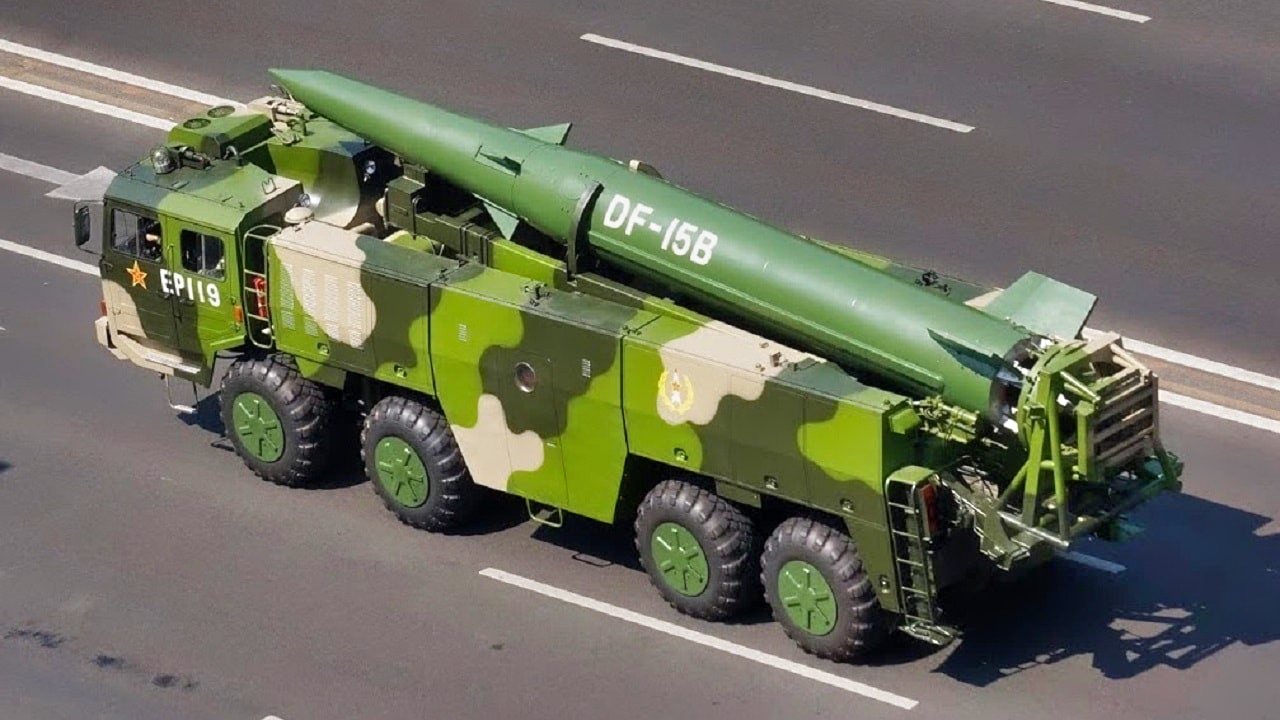
Chinese military doctrine calls for a sweeping fusillade of long-range missiles and even hypersonic weapons to be deployed against U.S. military targets throughout the Indo-Pacific. The mere threat of such comprehensive attacks is meant to deter the Americans from risking their expensive platforms, such as the aircraft carrier, from most assuredly being destroyed by those Chinese missile swarms.
The U.S. military would likely deploy long-range ballistic missiles to soften up Chinese targets and obliterate Chinese missile sites. But Chinese forces would likely have far greater numbers of missile interceptors to degrade the American attack. And the Chinese counterstrike against the Americans would likely overwhelm the American missile defenses.
PIPR Isn’t Enough
A recent report from the Atlantic Council concluded that the Americans would quickly deplete their stockpiles of weapons. Their suggestion is to use the Partnership for Indo-Pacific Industrial Resilience (PIPR) to pool the arsenals and resources of the United States and its regional partners together.
It’s a great idea.
And if the conflict we are worried about between the United States and China erupts ten to fifteen years from now, then PIPR will be a wonderful backstop for the Americans, who are increasingly drained and strained by the endless wars they’ve engaged in. But the conflict is more likely to happen in the next few years—and PIPR cannot be relied upon.
So, the new Trump administration, along with Congress, must prioritize enhancing the nation’s ailing defense industrial base while slowing the rush to war. Any policy that further drains America’s arsenal, unless it is for truly defending direct national security interests, must be deferred until at least the defense industrial woes are fixed and the arsenals are full again. Otherwise, we are setting ourselves up to be defeated in a missile war with China.
About the Author:
Brandon J. Weichert, a National Interest national security analyst, is a former Congressional staffer and geopolitical analyst who is a contributor at The Washington Times, the Asia Times, and The-Pipeline. He is the author of Winning Space: How America Remains a Superpower, Biohacked: China’s Race to Control Life, and The Shadow War: Iran’s Quest for Supremacy. His next book, A Disaster of Our Own Making: How the West Lost Ukraine, is available for purchase wherever books are sold. Weichert can be followed via Twitter @WeTheBrandon.
Image Credit: Creative Commons.
